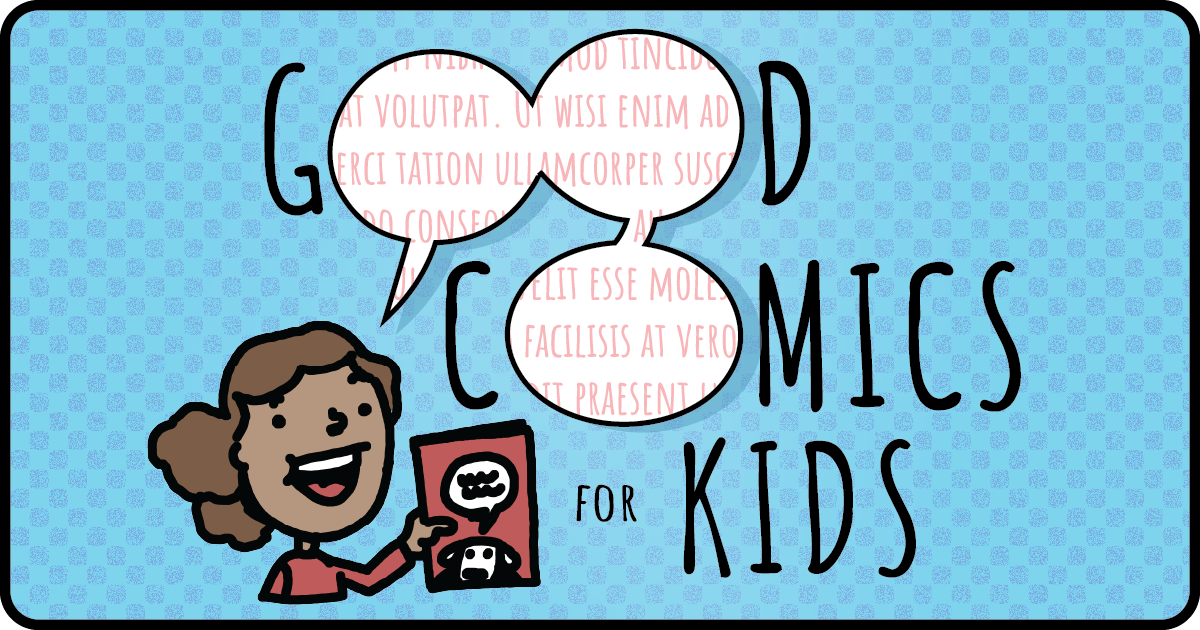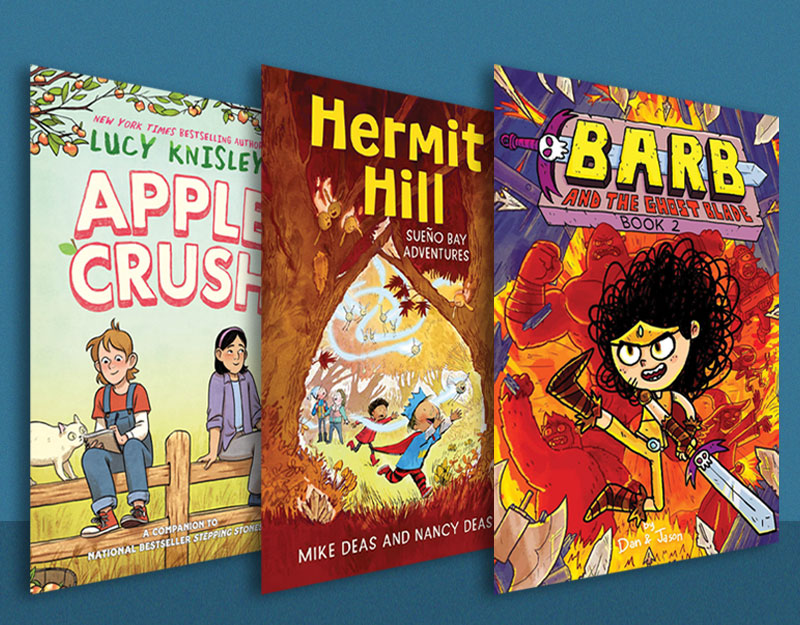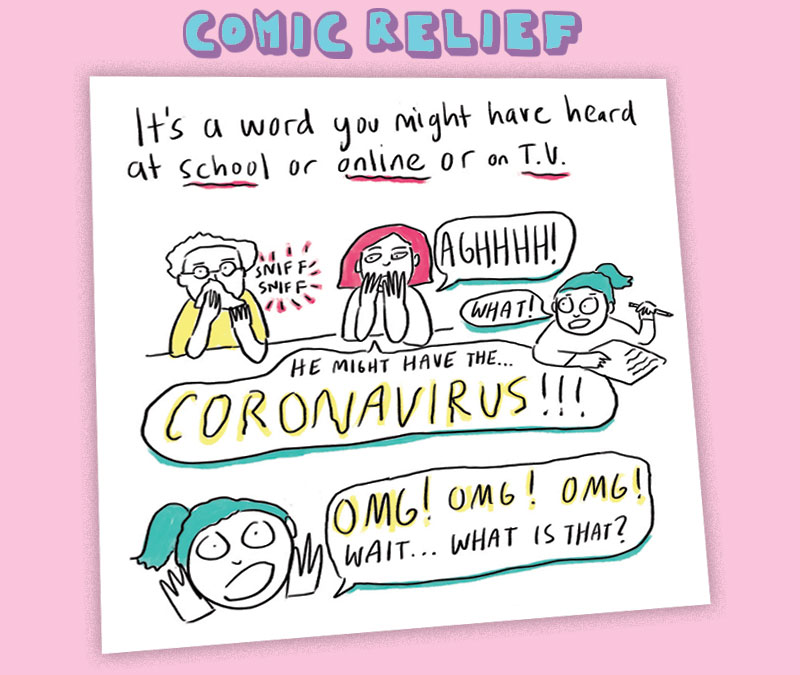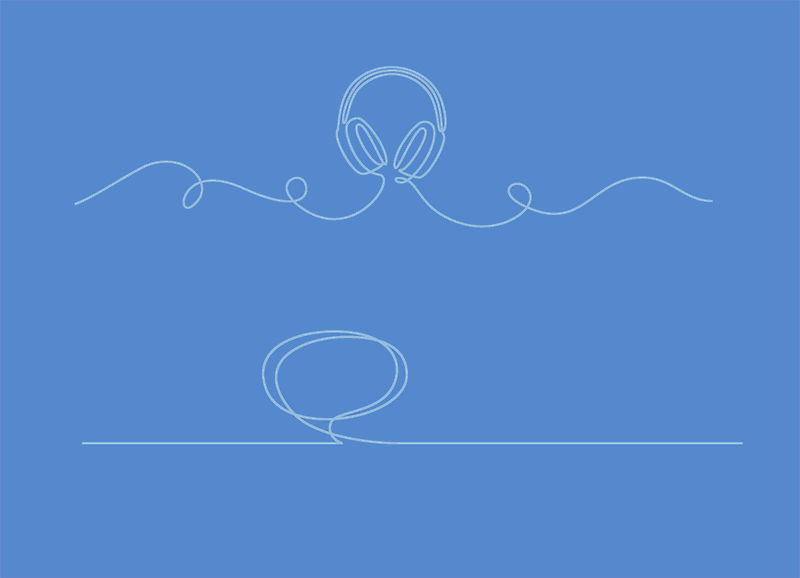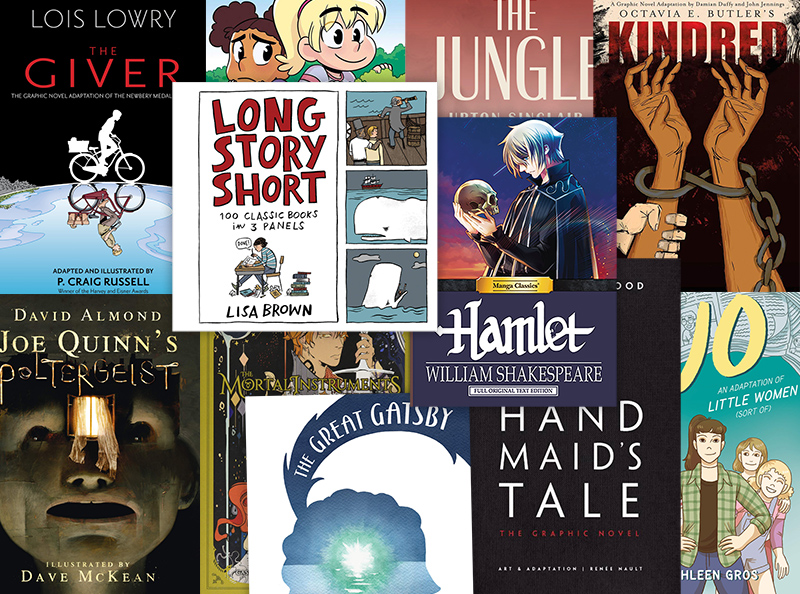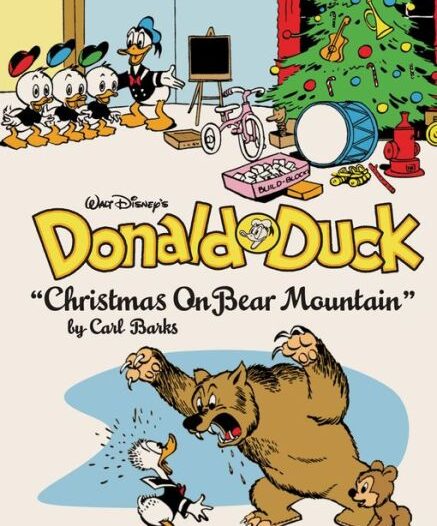
Review: Walt Disney’s Donald Duck: Christmas on Bear Mountain
 Walt Disney’s Donald Duck: Christmas On Bear Mountain
Walt Disney’s Donald Duck: Christmas On Bear Mountain
By Carl Barks
Fantgraphics Books, $28.99
Few things say “Christmas” like an installment of Fantagraphics’ Carl Barks Library, featuring a generous slice of The Good Duck Artist’s practically unparalleled cartooning. That’s partly because Barks’s Disney comics were and are enormously well crafted and equally enormously entertaining, timeless comedy adventures that Fanta presents in such handsomely designed volumes that they make the perfect gift for just about any reader of comics, regardless of age, background, or experience with the art form.
And the other part of why few things say “Christmas” like something from the Carl Barks Library? Well, some of them literally have “Christmas” right there in the title. The latest, Christmas on Bear Mountain, joins A Christmas For Shacktown as a Donald Duck collection with the holiday in the title, and since they have only released four Donald Duck collections so far, that’s a full half of their Donald Duck books (In addition to Donald Duck comics, the Library also includes Uncle Scrooge books, of which only one has been released so far).
ADVERTISEMENT
ADVERTISEMENT
This book contains two Christmas stories, which kick off and then close out the book.
The first is the title story, and it is probably the most important (and one of the more famous) of Barks’ comics: It’s the one in which Uncle Scrooge makes his very first appearance.
Created originally as a sort of villain and a means to propel the action of this single 20-page story, the bitter old duck first appears in a pair of panels in which he curses Christmas and proclaims, “Everybody hates me, and I hate everybody!” He only reaches out to his nephew Donald and his nephew’s nephews Huey, Dewey, and Louie as the holidays approach in order to stage a cruel prank on them: He offers them the use of his mountain cabin, stocked full of presents and food, in order to dress up in a bearskin costume and frighten them senseless. The situation is complicated by a pair of real bears entering the picture, a precocious cub and his overprotective mama grizzly. As Jared Gardner notes in the book’s story notes, as soon as the end of this very first story, contact with his nephews seems to have done Scrooge a world of good, and he’s a sprightlier, happier character in the story’s last panels, presaging the Scrooge McDuck of countless future adventures.
The other Christmas story is the more modest eight-pager “Three Good Little Ducks,” in which Huey, Dewey and Louie suffer from a bout of Christmas Eve guilt regarding whether they have been naughty or nice this year and determine to atone for their mischief by treating their Uncle Donald as kindly as possible for the rest of the day, resulting in one mishap after another.
Between the two holiday stories are about 160 pages of other Duck tales of various lengths, offering examples of both the big, long adventures to far off places for which Barks’s comics are rightly so famous (including a trip to a made-up, volcano-ridden land of lazy layabouts called Volcanovia; an accidental trip to Australia where the ducks face a gigantic kangaroo and unfortunately rendered wild bushmen; and an adventure at sea involving a giant octopus and the ghost of a conquistador), and domestic adventures and misadventures around the house, generally pitting Donald against his nephews in some form of rivalry or contest (here including possession over the backyard, a stage magic contest, volunteer firefighting and Thanksgiving turkey hunting).
The only aspect of Barks’s comics that hasn’t aged well is their treatment of different cultures, particularly native ones, which the all-American (and snow white) ducks often encounter during their travels. This volume seems lighter on unflattering stereotypes than some of the past ones or Fantagraphics’ similar collections of Floyd Gottfredson’s Mickey Mouse comics.
The Vocanovians hail from somewhere south of the border, wear sombreros and ponchos, and speak with a phonetically rendered Spanish accent (“But, Senor, eet ees not safe!“), so it doesn’t take a great leap to read into the origins of their extreme slothfulness as racial or geographic, rather than national. And the the “bushmen” of “Adventure Down Under” speak flinch-inducing dialogue (“Here food! Eatum!…No like-um? Try this fella!”) and they are apparently cannibals, although their “cannibalism” gets a bit weird here, since they are drawn as real human beings (they are, in fact, the only human beings in the entire collection), whereas Donald is, of course, a duck. (In his notes on this story, Craig Fischer points out that several other birds are cooked and eaten by the bushmen before they even pluck a feather from Donald; in a rare bit of awareness of anthropomorphic species, one of the nephews even declares that the large bird they see roasting over the bushmen’s fire is actually an emu, “in case you’re wondering.”)
These two stories, like all of those in this collection, were originally published in 1947, and while great age doesn’t forgive such examples of insensitivity, it does ameliorate them. It certainly helps that they are the only ugly bits in an otherwise beautiful collection of some of the most beautiful comics-making in American history.
About J. Caleb Mozzocco
J. Caleb Mozzocco is a way-too-busy freelance writer who has written about comics for online and print venues for a rather long time now. He currently contributes to Comic Book Resources' Robot 6 blog and ComicsAlliance, and maintains his own daily-ish blog at EveryDayIsLikeWednesday.blogspot.com. He lives in northeast Ohio, where he works as a circulation clerk at a public library by day.
ADVERTISEMENT
ADVERTISEMENT
SLJ Blog Network
One Star Review, Guess Who? (#202)
This Q&A is Going Exactly As Planned: A Talk with Tao Nyeu About Her Latest Book
Parsing Religion in Public Schools
Take Five: LGBTQIA+ Middle Grade Novels
ADVERTISEMENT

